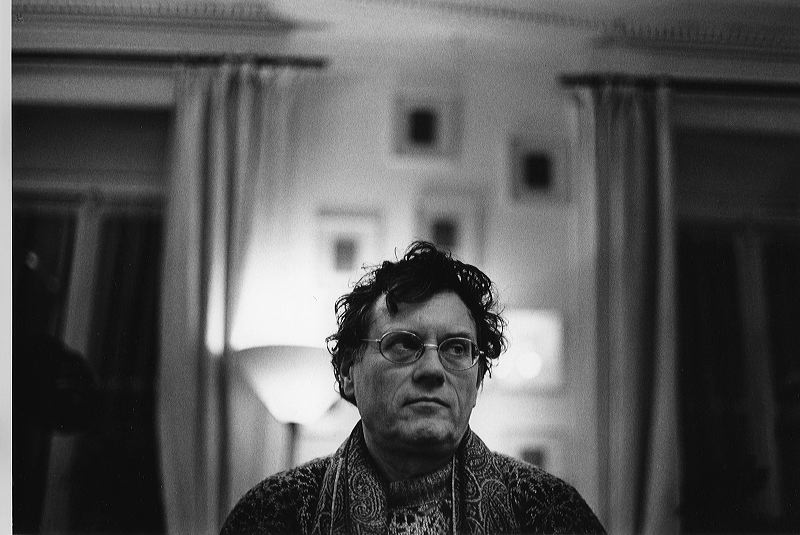At the website of the journal Salvage, philosopher Andrew Ryder strives to rescue Félix Guattari from the austere confines of academia, arguing that his work was rooted in and remains useful for revolutionary organizing. As Ryder writes, Guattari sought to rework Marxist revolutionary thought to make it more relevant to the anti-racist, queer, and countercultural movements that emerged in the 1970s and '80s. Guattari has also strongly influenced contemporary decolonial thought, especially the work of Jasbir K. Puar and Eduardo Viveiros de Castro. Check out an excerpt from Ryder’s piece:
There is a common tendency to read Anti-Oedipus as an uncritical celebration of anarchic, undisciplined activity and romantic excess. For example, Alain Badiou and other French Maoists of this period called them ‘anarcho-desirers.’ However, a close reading of the book counters this impression, particularly in light of Guattari’s lifelong activities. Deleuze and Guattari do not call for hyper-individualism. Rather, they called for a new type of revolutionary group that could effectively counter recuperation by the capitalist state. In contrast to the contemporary doxa, which some have called ‘anarcho-liberalism’ – an emphasis on local struggles, modest demands, unstable structures, and proceduralism – Deleuze and Guattari always insisted on the need for organisation, and the ultimate goal of a new society. As Deleuze wrote in a preface to Guattari’s writings, published the same year as Anti-Oedipus: ‘Clearly, a revolutionary machine cannot remain satisfied with local and occasional struggles: it has to be at the same time super-centralised and super-desiring.’ This emphasis is explicit in a later book by the two authors, A Thousand Plateaus. There Deleuze and Guattari define their problem as ‘that of smashing capitalism, of redefining socialism, of constituting a war machine capable of countering the world war machine by other means.’ They stipulate that this war machine will avoid ‘the war of extermination’ and ‘the peace of generalised terror,’ but rather proceed toward ‘revolutionary movement.’ Guillaume Sibertin-Blanc describes this problematic as ‘neo-Leninist.’ He emphasises Deleuze and Guattari’s conception of the socialist ‘war machine’ by its distinction from state organs. In this regard, their viewpoint demands collective organisation from below, without emulating prior authorities. This war machine would emerge from situated experience, but would also refuse any limitation to a single sphere of struggle – the social, economic, and cultural would be practically intertwined.
Image of Félix Guattari via The Funambulist.
